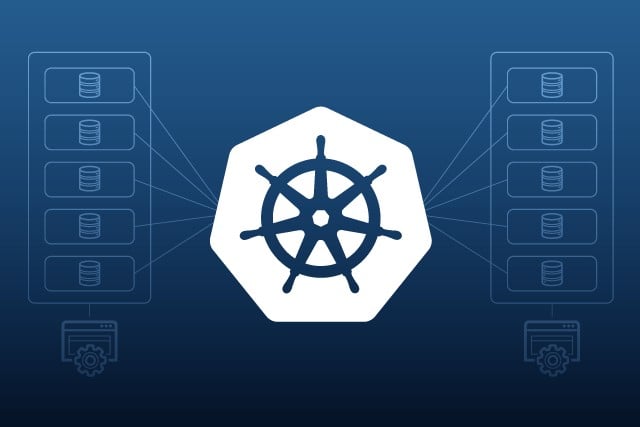
Before Kubernetes: Key Skills and Knowledge to Acquire
- Published on
- Authors

- Author
- Ram Simran G
- twitter @rgarimella0124
Kubernetes has become a cornerstone of modern infrastructure management, providing powerful tools for deploying, scaling, and managing containerized applications. However, before diving into Kubernetes, it’s essential to have a solid foundation in several key areas. This blog will guide you through the prerequisites to help you get the most out of your Kubernetes journey.
1. Understanding Containers
What Are Containers?
Containers are lightweight, stand-alone, executable software packages that include everything needed to run a piece of software, including the code, runtime, system tools, libraries, and settings. They are similar to virtual machines but more efficient and less resource-intensive.
Learn Docker
- Why Docker? Docker is the most popular containerization platform, and understanding it is crucial for working with Kubernetes.
- Key Concepts: Images, Containers, Dockerfile, Docker Compose, Volumes, Networks.
- Hands-On Practice: Build and run Docker images, use Docker Compose to manage multi-container applications.
2. Basic Linux and Command Line Skills
Why Linux?
Most container orchestration happens in Linux environments. Having a good grasp of Linux commands and shell scripting is beneficial.
Key Topics to Learn
- Basic commands (e.g.,
ls,cd,cp,mv) - File permissions and process management
- Networking commands (e.g.,
netstat,ping,ifconfig) - Shell scripting basics
3. Networking Fundamentals
Importance of Networking in Kubernetes
Kubernetes abstracts and automates much of the networking complexity, but a basic understanding of networking concepts is still necessary.
Key Networking Concepts
- IP addresses, DNS, DHCP
- Subnets and CIDR notation
- Basic TCP/IP model understanding
- Understanding how containers communicate within a host and across different hosts
4. Basic Programming and Scripting
Why Programming?
While you don’t need to be an expert programmer, having basic programming skills will help you understand and write configuration files, automation scripts, and more.
Languages to Learn
- Bash/Shell scripting: For automation and scripting tasks.
- YAML: For writing Kubernetes manifests and configurations.
- Optional: Python or Go for deeper integrations and custom Kubernetes controllers/operators.
5. Understanding Microservices Architecture
What Are Microservices?
Microservices is an architectural style that structures an application as a collection of loosely coupled, independently deployable services.
Key Concepts
- How microservices differ from monolithic architectures
- Benefits and challenges of microservices
- Common patterns and practices (e.g., service discovery, load balancing, circuit breakers)
6. Version Control Systems
Why Version Control?
Version control systems, like Git, are essential for managing code, configurations, and collaborating with others.
Key Topics
- Basic Git commands (e.g.,
clone,commit,push,pull) - Branching and merging strategies
- Using Git with remote repositories like GitHub or GitLab
7. Container Orchestration Basics
Introduction to Container Orchestration
Understanding the basics of what container orchestration involves can set a solid foundation for learning Kubernetes.
Key Concepts
- What is container orchestration?
- Differences between container orchestrators (Kubernetes, Docker Swarm, Apache Mesos)
- High-level overview of Kubernetes architecture (Master nodes, worker nodes, Pods, Services)
Learning Kubernetes can seem daunting at first, but with a strong foundation in these areas, you’ll be well-prepared to tackle the complexities of container orchestration. Start by mastering these prerequisites, and you’ll find yourself navigating Kubernetes with greater confidence and ease.